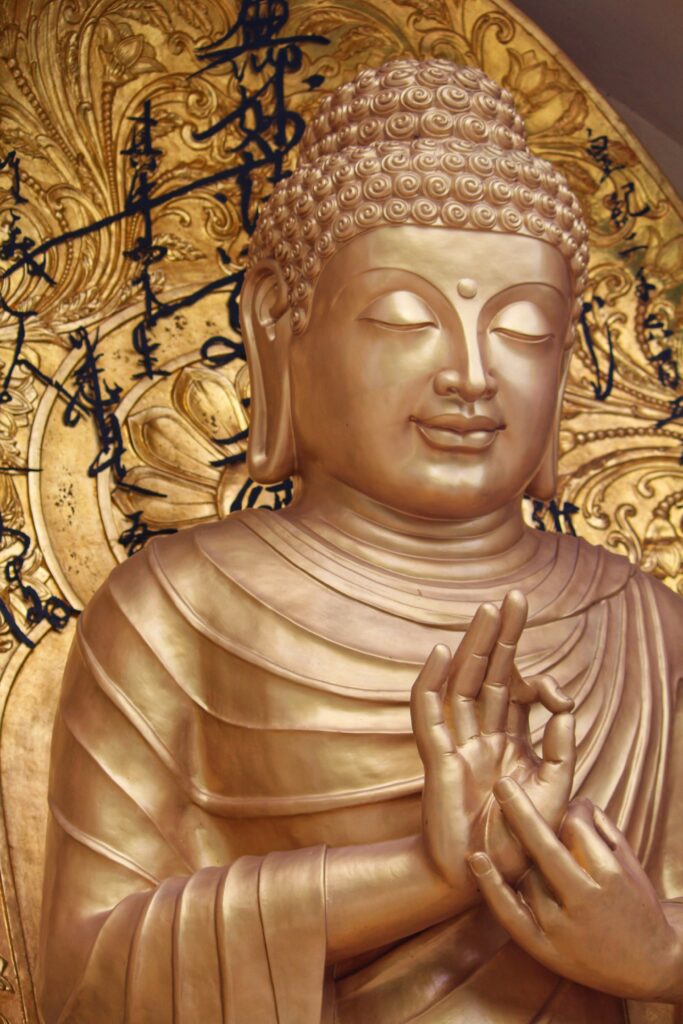
Bazi reading, also known as Four Pillars of Destiny or Chinese astrology, is a form of divination deeply rooted in ancient Chinese philosophy and metaphysics. Bazi, which translates to “eight characters” in Chinese, refers to the four pillars of a person’s destiny, each pillar representing specific aspects of their life. These pillars are derived from the year, month, day, and hour of a person’s birth.
The core concept behind Bazi is the belief that a person’s destiny is predetermined at birth based on the interactions between the five elements (wood, fire, earth, metal, and water) and the cosmic forces present at the time of their birth. Bazi practitioners analyze these elements and their interplay to gain insights into various aspects of a person’s life, including personality traits, career path, relationships, health, and potential challenges.
Bazi readings typically involve constructing a chart, also known as a Bazi chart or a Destiny chart, which consists of the four pillars representing the heavenly stems and earthly branches associated with each aspect of the birth time. Each pillar contains two characters, one representing the heavenly stem and the other representing the earthly branch. These characters are associated with specific elements, Yin-Yang polarity, and other symbolic meanings.
During a Bazi reading, the practitioner interprets the interactions between the elements in the chart to provide insights into the individual’s personality, strengths, weaknesses, opportunities, and potential obstacles. They may also offer guidance on making decisions, choosing career paths, improving relationships, and enhancing overall well-being based on the analysis of the chart.
Bazi reading is often used alongside other Chinese metaphysical practices such as Feng Shui and Zi Wei Dou Shu (Purple Star Astrology) to provide a comprehensive understanding of a person’s destiny and to offer guidance for leading a more fulfilling life. While Bazi reading is deeply rooted in traditional Chinese culture, it continues to be practiced and valued by many individuals seeking insights into their lives and futures.